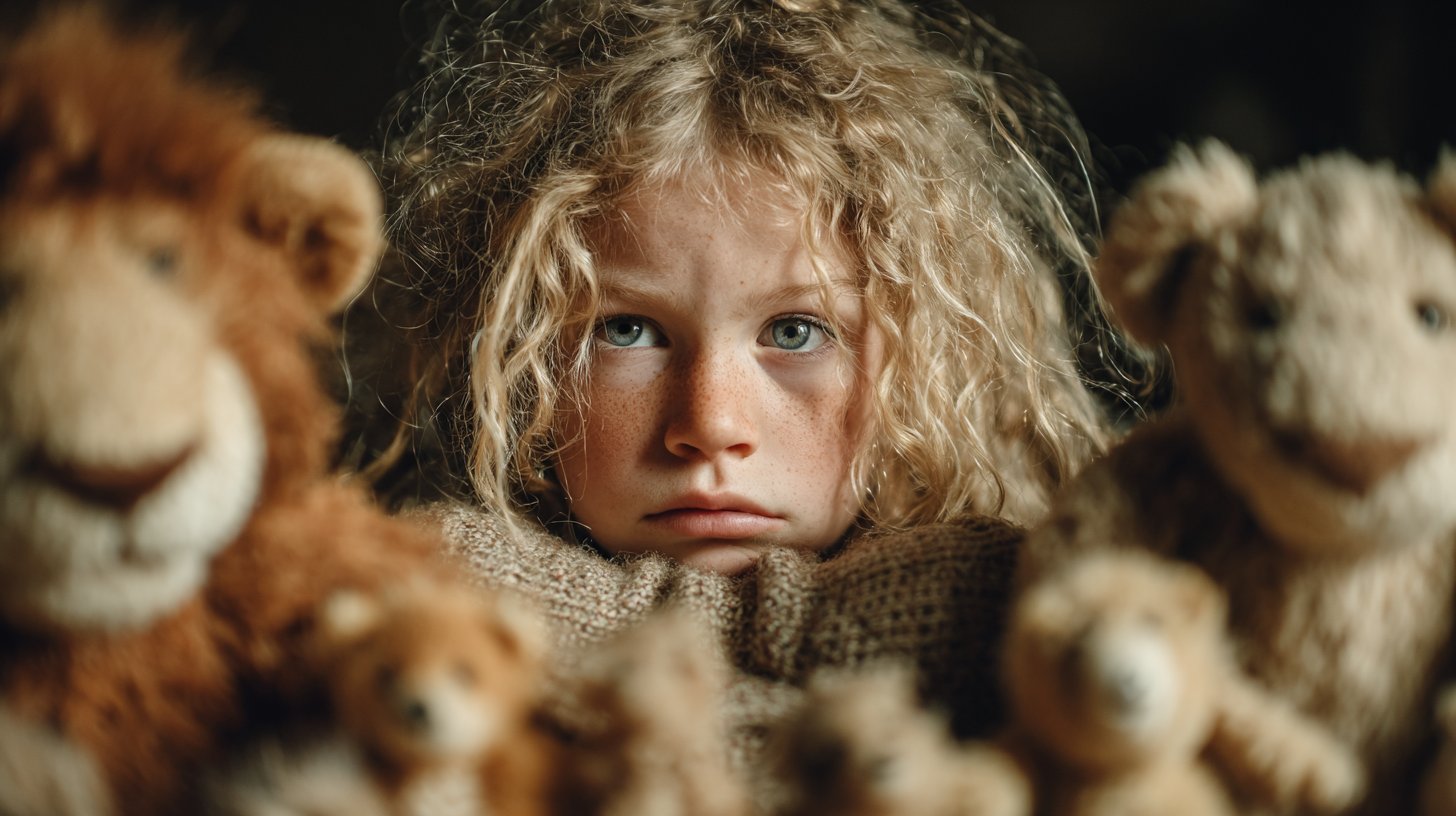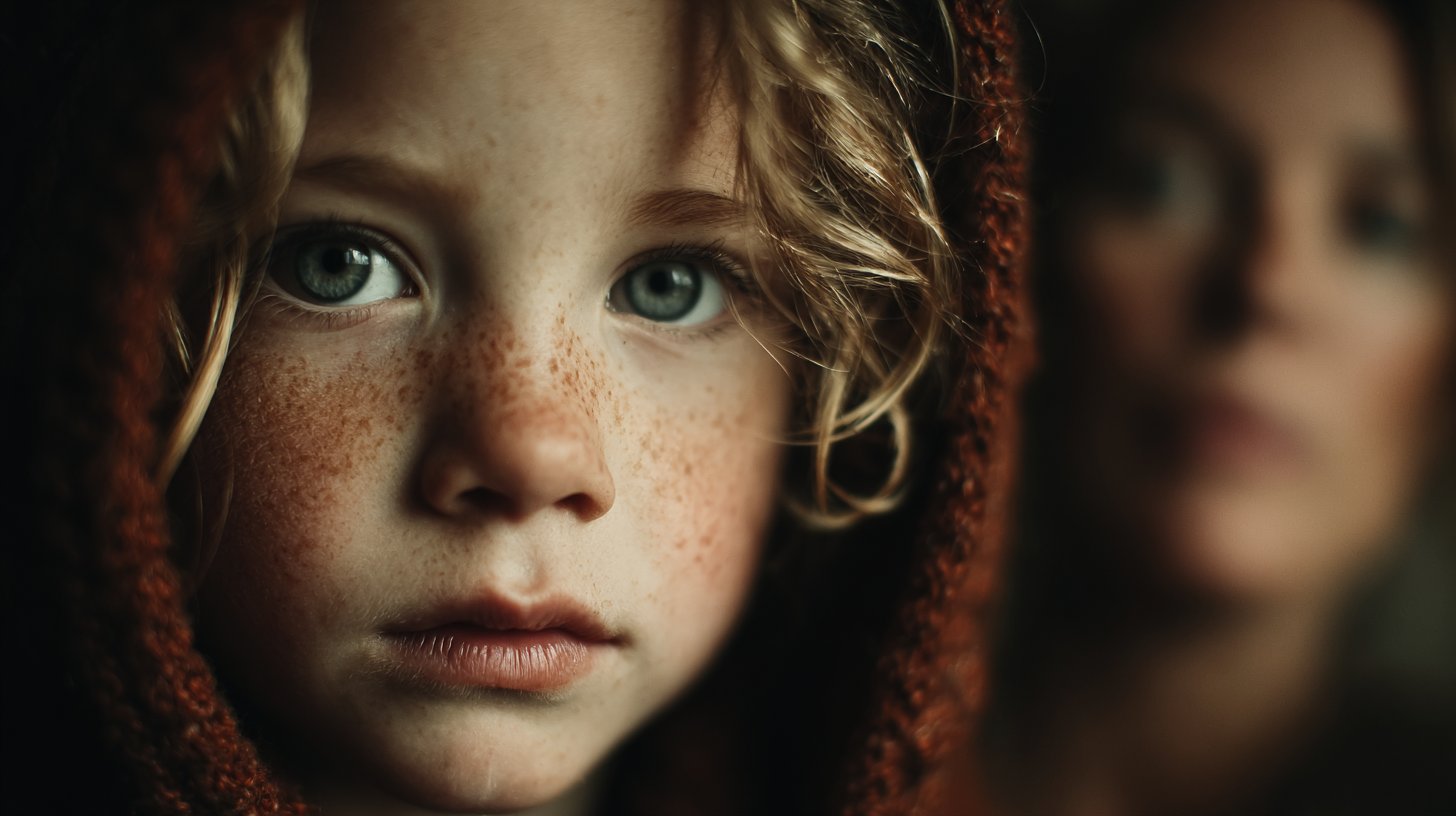Harmful Parental Habits That Burden Children

Parenting can be one of the most challenging yet rewarding tasks in life. However, toxic habits often creep in that can negatively impact children's emotional well-being. These habits are frequently unconscious and can have long-term effects on children's mental health and interpersonal relationships. In this article, we will look at what these habits are and how you can recognize and change them to create a more positive environment for your children.
It is important to recognize that parents are also just humans who can be under pressure and make mistakes. The journey to better parenting begins with becoming aware of your own behaviors. Often, it is the little things, such as constant criticism or breeding perfectionism, that can have serious consequences. When you realize that these everyday habits harm your children, you have already taken a significant step in the right direction.
Excessive Control
Parents who are overly controlling often make it difficult for their children to develop independence and decision-making skills. When you constantly intervene in your children's decisions, you not only foster the feeling that they are incapable of taking care of themselves, but you also deprive them of the opportunity to learn from their own mistakes and experiences. It is crucial to give children space to make their own choices, even if you do not agree with those choices. Support and guidance are important, but the key is to accompany them on their own path rather than dictating everything for them.

One way to break this habit is to have conscious conversations about importance and priorities. Let your children know that you are by their side and want to support them as they make their own decisions. Instead of criticizing, ask them about their thought processes and reasons behind their choices. This not only fosters trust in you but also boosts your children's self-confidence.
Negative Communication
The way you talk to your children has immense impacts on their self-esteem. If the focus is constantly on criticism, children may develop the feeling of not being good enough. Think about how often you give positive feedback compared to critical remarks. It is important to find a balance between encouragement and correction. Make sure to praise your children's efforts, even if the outcome is not perfect.

A simple technique to improve communication is to use the 'sandwich method': Start with a positive comment, follow with what can be improved, and close positively. This not only helps convey the message better but also ensures that your children feel understood and valued.
Perfectionism
Many parents strive for perfection, which transfers to their children. This often happens unconsciously and can lead to enormous pressure. Children who must be perfect develop anxiety and stress, and they do not learn to accept failures as part of life. Instead of expecting perfection, encourage the idea that mistakes are part of learning. Show them how important it is to continue to grow and try new things despite failures.

Set realistic goals for yourself and your children. Praise them not only for successes but also for the courage to try something new or for the effort they've put into a project. This not only fosters a positive mindset in your children but also enables them to discover their own strengths and interests.
In conclusion, it is important to become aware of your own habits. Each toxic habit can have harmful effects on your children's development, but awareness and the willingness to change those habits are the first steps in the right direction. Be patient with yourself and your children, as change takes time. With love, support, and the desire to create a positive environment, you can help your children grow into happy and confident adults. Your children have the right to a happy and healthy childhood — let's create it together!


